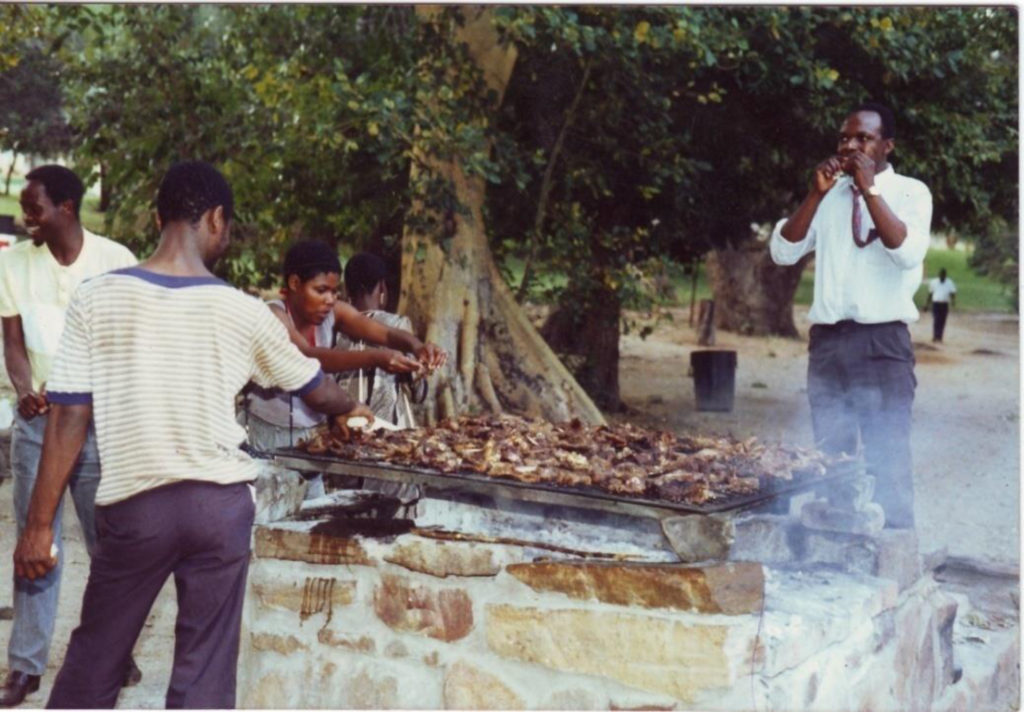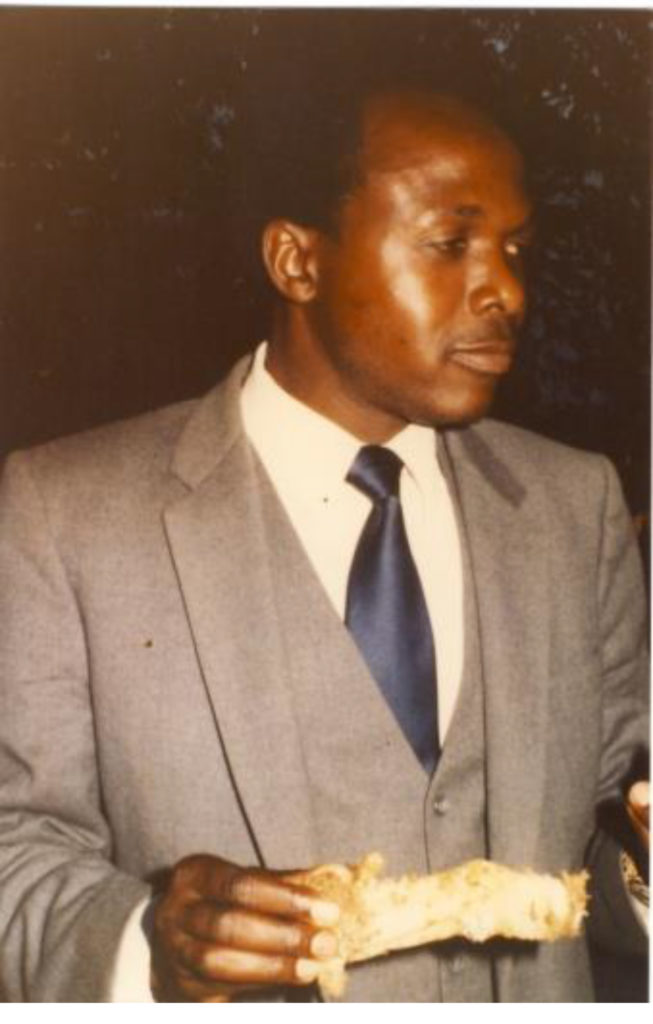The Message of His Life
The Church and the world are becoming more aware of the wisdom of Blessed John Paul II when he spoke of the clash between what he called, “the culture of life”, and “the culture of death”. By promoting the cause of Benedict Daswa as a courageous witness to the Faith and apostle of life, the Diocese believes this holy man has particular relevance not only for the Church in Africa, but for the wider world.
When Benedict became a Catholic he realised there were issues in African culture, such as the widespread practice of witchcraft, sorcery and ritual murder, which he could no longer accept. His principled and public stance against these deep and dark issues in his culture, eventually led to his paying the ultimate price of martyrdom. His brutal death by stoning and bludgeoning make him a hero for all Christians in Africa and elsewhere who are struggling to break free from the enslavement of the world of witchcraft. The old saying, “The blood of martyrs is the seed of Christians”, is indeed true, and please God, will one day bear much fruit.

Benedict Daswa lived his Christian calling with zest and enthusiasm, but at the same time, with modesty and humility. This was evidenced by his Christian witness in the various areas of his life. After his baptism, and particularly after his marriage in the Church, Benedict became very zealous for the spread of the faith and had a preferential love for young people, spending many hours and weekends catechizing, guiding and mentoring them. He was also actively committed within the Church community as a voluntary catechist, leader of the Sunday Services in the absence of a priest, and valued member of the Parish Council.
As a family man Benedict was a genuine role-model as husband and father, being totally committed to the ideal of the family as the “domestic church”. In the classroom, not only was he concerned with providing good, all-round education for the learners, but more importantly with imparting good moral values and character-formation. He did this, not only in the classroom, vegetable garden and orchard, but also on the playing field. As a skilled and highly-motivated sportsman, Benedict instilled into the young the values of hard work, discipline, fair-play and team-spirit. As a highly-respected and conscientious School Principal, he motivated and moulded his staff to provide the best possible education for the learners, involving the parents as partners in the whole educative process.

In the wider society Benedict made no secret of his stance against witchcraft, sorcery and ritual murder which still have such crippling effects on the development and progress of society. Accusations of witchcraft are frequently made out of jealousy, fear and suspicion against those who are seen to be more committed and successful in their enterprises. Benedict realized that individuals must be freed from these paralyzing effects in order to enable them to take personal responsibility for their lives and grow into mature adults.
Benedict is relevant, not only for the Church, but also for the wider society in helping people to achieve true, inner freedom. Whether in the local community as Councillor and adviser to the Headman, in the village community as a much sought-after MC for festive occasions, or in the Church community as catechist and prayer-leader, Benedict lived life to the full in a spirit of genuine Christian love, respect, generosity, honesty and freedom. Above all and in every situation, Benedict was a man of prayer whose spiritual life was constantly fed by the Sacraments, especially the Eucharist, and by the Word of God in the Sacred Scriptures. People who knew him very well testified that they could see him growing visibly in his relationship with God, and in the fidelity with which he lived the values he embraced at his baptism. In truth, Benedict Daswa is a wonderfully inspiring role-model for the whole of Southern Africa and beyond.